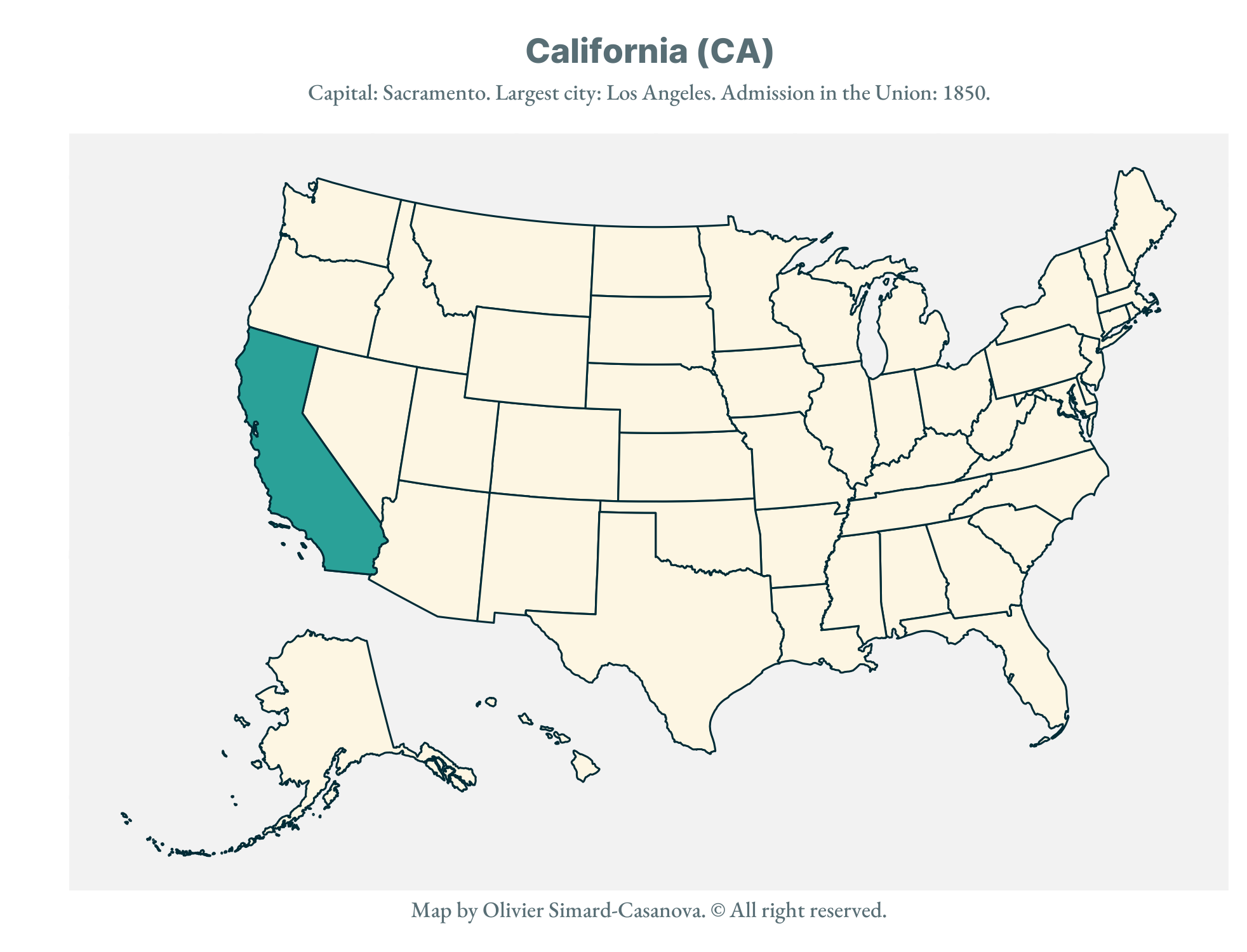X's lawsuit against a group fighting online hate has been dismissed
In July 2023, the Center for Countering Digital Hate (CCDH), a group fighting against online hate, published a series of reports claiming that X, formerly Twitter, does very little moderation of various hate speeches. In response, Elon Musk announced that X was going to sue the CCDH, alleging that the reports are fallacious and intended to harm X by driving away advertisers.
I would note that the unhinged behavior of Elon Musk, the fact that he constantly propagates conspiracy theories and far-right ideas with his X account, and the dilapidated state he put the platform on since he bought Twitter in October 2022, are credible explanations for why advertisers left X. But that’s not the point.
Federal Judge Charles R. Brayer dismissed X’s lawsuit today (via Best of Dying Twitter on Threads). Reading through the judge’s ruling, the ruling does not seem to have been difficult to make…
/cdn.vox-cdn.com/uploads/chorus_asset/file/23906796/VRG_Illo_STK022_K_Radtke_Musk_Scales_2.jpg)
The judge wrote that there is no doubt that the goal of X’s lawsuit was not to try to repair damage that the CCDH would have caused to X, but to silence the CCDH - and potentially, other groups or individuals that may be critical of the platform. For the judge, the goal of the lawsuit was to harm CCDH's freedom of speech. I am probably not the only one noting the irony of the situation: while Elon Musk presents himself as a defender of “freedom of speech”, a judge dismissed the lawsuit of his company on the ground that the goal of the lawsuit was to… limit the freedom of speech of a third-party.
Lawsuits intended to silence criticism by intimidation, or by forcing their authors to incur considerable legal expenses, are called SLAPP lawsuits. However, California has anti-SLAPP laws. If my reading of the judge’s ruling is correct, it is under one of these laws that he dismissed X’s lawsuit.

Last but not least, please enjoy this nugget. It is how the judge introduces his ruling:
Sometimes it is unclear what is driving a litigation, and only by reading between the lines of a complaint can one attempt to surmise a plaintiff’s true purpose. Other times, a complaint is so unabashedly and vociferously about one thing that there can be no mistaking that purpose. This case represents the latter circumstance. This case is about punishing the Defendants for their speech.
If you are interested in the detail of the ruling, you can find the PDF file below. However, please note that it is a long and technical document, and it requires a deep understanding of American law to be understood correctly.
